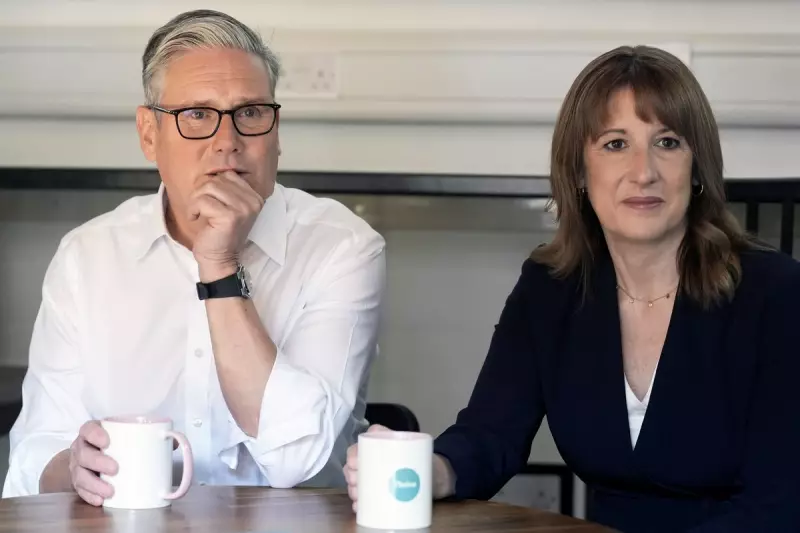
Chancellor Rachel Reeves is reportedly considering scrapping the controversial two-child benefit cap as the Labour government searches for positive announcements in an otherwise challenging Budget.
The Political Context Behind the Move
With speculation mounting about potential income tax increases and bizarre briefings emerging from Number 10 about alleged leadership challenges, the Labour administration faces significant political headwinds. The removal of one of the last remaining austerity measures would provide something for Labour MPs and activists to celebrate amid widespread economic gloom.
Reeves has offered her clearest indication yet that the policy may be abolished, stating in a recent interview: "I don't think we can lose sight of the costs to our economy in allowing child poverty to go unchecked. In the end, a child should not be penalised because their parents don't have very much money."
Understanding the Two-Child Cap
The policy was introduced by Conservative Chancellor George Osborne in 2013 during the coalition government, presented as both a measure to repair public finances and a moral stance encouraging families to limit their size according to their means. The cap affects only children born after 2017, with some exemptions.
Critics have consistently highlighted the policy's impact on child poverty, and abolition could have immediate positive effects. Between 350,000 and 630,000 children would be lifted out of poverty depending on the specific policy design and poverty definition used. In total, approximately 1.6 million children stand to benefit from the cap's removal.
Costs and Political Calculations
Scrapping the cap would cost around £3 billion annually - a relatively modest sum compared to the total social security budget approaching £400 billion. The political benefits for Prime Minister Keir Starmer and Chancellor Reeves could be substantial, potentially helping to secure their positions amid growing dissatisfaction.
With Reeves likely to break Labour's key election promise not to raise income tax rates, and against a backdrop of economic stagnation, lifting the cap would give backbenchers tangible evidence that the government remains committed to creating a fairer society. Combined with breakfast clubs and childcare expansion, it would provide concrete examples of "delivery" for families.
Public opinion remains divided on the issue. While popular within Labour circles, broader polling shows over half the country supports maintaining the cap depending on how the question is framed. Opposition parties offer mixed responses, with Conservatives generally supporting the cap on fiscal responsibility grounds, while Reform UK proposes lifting it only for "British families" without clear definition.
The move appears increasingly likely, as it would help blunt internal criticism from Labour figures like Gordon Brown and Neil Kinnock while giving disillusioned MPs reason to support the government's broader Budget measures.






